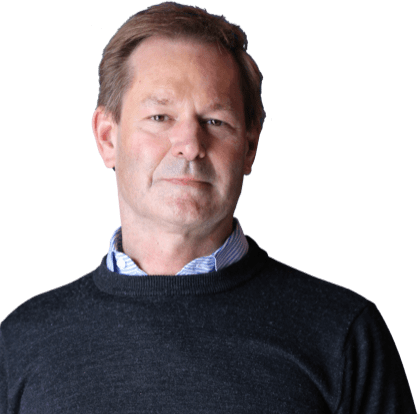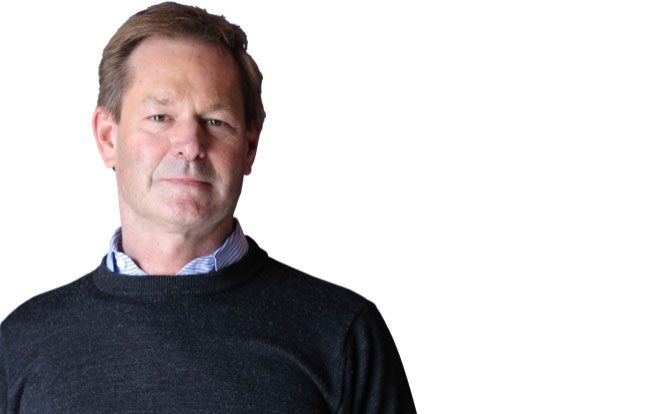 Nick Grasberger has been leading Harsco through a transformation for the last five years, and the CEO of the $1.5-billion industrial-waste giant wasn’t going to let a pandemic put a stop to his strategy of overhauling the company largely through acquisition and divestiture.
Nick Grasberger has been leading Harsco through a transformation for the last five years, and the CEO of the $1.5-billion industrial-waste giant wasn’t going to let a pandemic put a stop to his strategy of overhauling the company largely through acquisition and divestiture.
So Harsco followed up the major acquisition of Clean Earth Inc. in mid-July by closing its purchase of the Environmental Solutions business from Stericycle in April, just as Covid-19 havoc was beginning to peak. Grasberger is recasting the Camp Hill, Pennsylvania-based company in a greener hue, and the only thing about the virus that entered the equation was its potential for weakening Harsco’s balance sheet for any further acquisitions.
The overhaul of Harsco has continued around Grasberger’s new “single thesis we were creating around environmental solutions and services,” he told Chief Executive. “For generations, Harsco was a very diverse industrial company” but one built around traditional steel recycling. “We strongly felt we needed to develop a thesis that was very relevant for today and energizing to people and to communities and to have a broader social benefit.
“The environmental theme resonated with all of us and fit with our legacy core business that was more tied to the steel industry,” explained Grasberger, who previously served in positions including treasurer of H.J. Heinz and vice president and CFO of Kennametal before joining Harsco as CFO in April, 2013. He became president and CEO in 2014 and chairman two years ago. “We’ll continue to invest in environmental solutions and become a pure-play company, divesting our legacy rail business at some point.
“This approach has been very well-received by employees, customers and the board, and investors. It’s very energizing to us to have that clear path we lacked for so long.”
Specifically, Harsco’s recent string of significant acquisitions commenced in 2018 when for $60 million the company acquired Altek, a U.K.-based maker of technologies that create value from the wastes of aluminum production, including dross and a hazardous byproduct, salt cakes. “That fit very well with our environmental-solutions theme, because salt cakes are piled up all over the world,” Grasberger said. Harsco folded Alteck into its Metals and Minerals group and since renamed the enlarged division Harsco Environmental.
Last year in July, Grasberger intensified the makeover by acquiring Clean Earth, an outfit that provides processing, treatment, disposal and recycling solutions for a wide range of complex, highly recurring waste streams such as hazardous and non-hazardous waste, contaminated soil and dredged material.
The acquisition that Grasberger pushed through Covid-19 was that of the environmental-solutions arm of Stericycle, which expanded Clean Earth’s geographic footprint and services. “It was a non-core business to Stericyle, and it was clear to both companies in terms of business model, strategy and culture that this business would fit very well with our Clean Earth acquisition,” Grasberger said.
Stericycle’s leadership “admitted this business needed a lot of attention,” he said. “In fact, a large number of players in the space had looked at it and said it was too broken. But we felt we had the foundations in place, including our business systems, team and back-office operation in India that we’ve use effectively in integrating acquisitions and leveraging the benefits of a shared-service centers. We felt in a good position to take it on.”
Covid-19 interrupted the completion process, Grasberger conceded. “But it was still something we wanted to pursue, and it was clear to all of us that this was a highly, highly strategic acquisition that would have short- and-long-term benefits. So we decided to plow ahead.”
Six months into the acquisition of Stericycle’s environmental-solutions unit, Grasberger said, “We’re glad we went ahead.” Since then, he said, “We’ve been very busy integrating the business.” Clean Earth now owns and manages a network of 88 cites across the United States that each specialize in a variety of waste treatments and services, and Grasberger said that further integration will be the order of the day for the foreseeable future. “We knew we’d need to focus on executing. We spent $1 billion to create a new platform, and we need to prove to investors that we can deliver on the acquisition proposition.”
Meanwhile, he said, Harsco won’t be making acquisitions for a while. Besides being “knee-deep into integration,” Grasberger explained, “Our balance sheet was stressed before, and Covid has further stressed our balance sheet. Our recovery will determine how quickly we can jump back into the acquisition market.”








